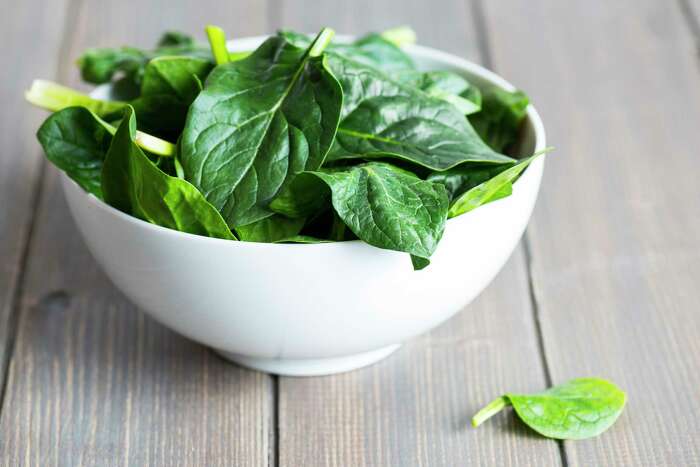Vitamin K is essential for growth, repair and the proper functioning of the body. It is essential for the production of blood cells, and also plays a role in blood clotting.
Vitamin K is found throughout the body, including in the pancreas, brain, liver and bones. It is broken down very quickly and excreted through urine and stools. It is because of this that it does not come in contact with toxins in the body even when someone consumes large quantities of vitamin K-rich food.
What is Vitamin K ?
Vitamin K is part of a group called lipophilic vitamin. Lipophilic vitamins are water soluble vitamins that can be found in food or produced by the body. The two most important compounds are Phylloquinone (also known as Menaquinones) and Phylloquinone.
Leafy vegetables like collards, kale and spinach contain phylloquinone. Menaquinones, or Vitamin K2, is found in fermented food and animal products. Menaquinones, or Vitamin K2, are naturally produced in the body of humans by bacteria.
How to understand the need for Vitamin K?
Vitamin K deficiency in adults is rare. However, it can occur when someone is taking antibiotics or other medications that prevent the body from producing vitamin K. Vitamin K deficiency can also occur in people who have conditions such as malabsorption. Deficit can affect a newborn baby as well, because vitamin K does not cross the placenta and breast milk contains very little vitamin K.
Infants who do not receive vitamin K supplements are at risk for bleeding. It is because their blood clotting protein intake at birth is limited. Here are some signs of vitamin K deficiencies:
- Bleeding from the nose or stomach and sometimes even under the skin
- Haemorrhaging
- Blood in urine or stool
Vitamin K and Immunity
Vitamin K is an important vitamin for the protection system. Even though there are some Vitamin K-rich foods that we don’t like, trying out new foods and preserving the food might improve our eating habits.
Vitamin K is essential for your body to fight viral and bacterial infection. Your body requires enough vitamin K in order to effectively fight viral infections like influenza and herpes. Insufficient vitamin K can also prevent your body’s ability to fight off bacterial infections like tuberculosis and pneumonia. Insufficient vitamin K can cause inflammation, while adequate amounts prevent it.
Vitamin K helps to maintain a healthy gut which is directly connected to our protection system. When our gut is not functioning properly, it can affect the function of our protection systems. Vitamin K can restore our gut’s balance and help reduce inflammation.
Vitamin K also helps activate GAS6 (Growth Arrest-Specific 6-protein) in our bodies. GAS6 has a direct influence on the growth of our cells. Cell communication, signaling and cell adhesion are all enhanced.
Apoptosis, or cell death, is a process that occurs in the body to kill unwanted or damaged cells. Growth Arrest Specific 6 protein binds dead cells and transports them to phagocytes. Phagocytes then eat the dead cells.
It also helps to reduce inflammation and pain. It is vital to maintain healthy tissues and improve the protection system that unwanted cells are eliminated and replaced with healthy ones. Vitamin K activates this protein, which helps our body work efficiently and improves our protection system.
Benefits of Vitamin K
Vitamin K has many other benefits for our bodies.
Correct Menstrual Flow & Relief from Menstrual Pain
Heavy menstrual flow can be caused by many factors. Vitamin K deficiency is one of the causes. Vitamin K tablets or foods rich in vitamin K can reduce heavy menstrual flow by reducing excessive blood leaving the body.
Vitamin K can help prevent issues such as jaundice, stomach bleeding, poor absorption of nutrients and proteins, or the effects of antibiotics or aspirin. Vitamin K deficiency may also cause gastrointestinal issues, such as obstructions, colitis and sprue. This vitamin also reduces menstrual discomfort, as it ensures the proper functioning of all hormones.
Reduced Internal Bleeding
Canola oil and soybean oil are good sources of vitamin K, as are leafy greens such as spinach, kale and cabbage.
Conclusion
Vitamin K is essential as it helps to regulate our protection system. It also makes us stronger. Vitamin K deficiency can cause serious health problems such as excessive bleeding, hemorrhaging, and increased blood clotting times. Vitamin K is a miracle worker when it comes to removing damaged cells and activating proteins that make our protection system stronger.








